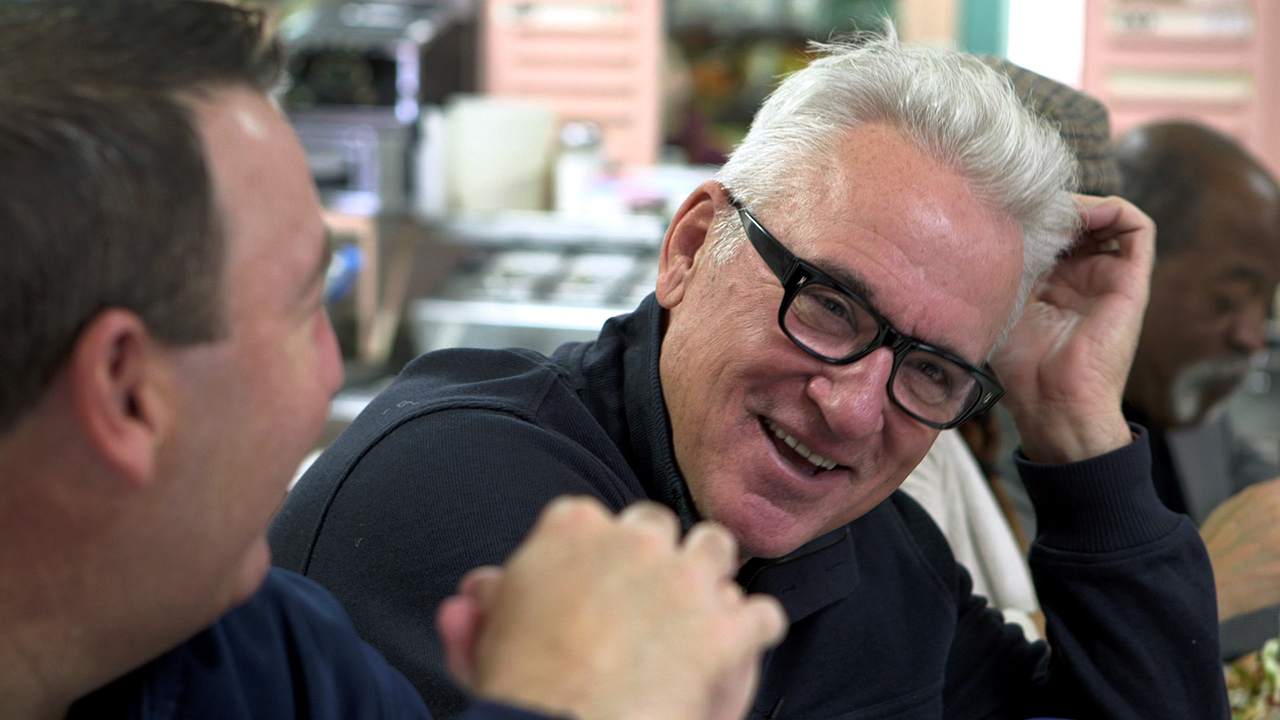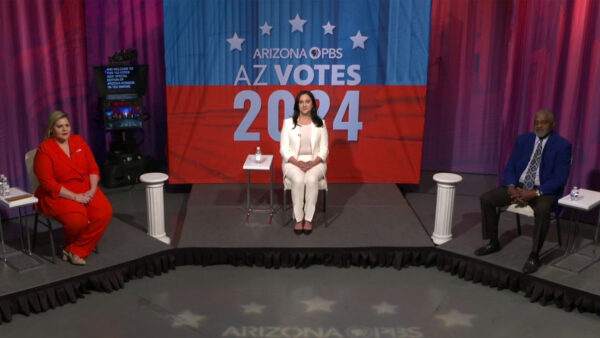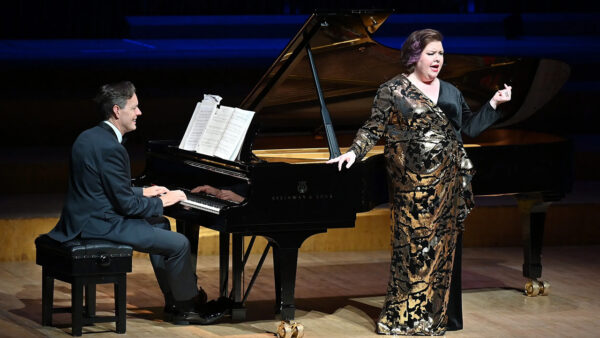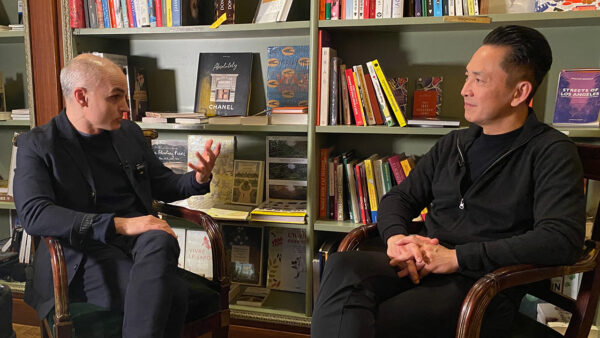“American Creed,” a documentary featuring former Secretary of State Condoleezza Rice and Pulitzer Prize-winning historian David M. Kennedy, is coming to Arizona PBS on Tuesday, Feb. 27 at 8 p.m.
The new documentary examines the American ideals of freedom, fairness, equality and opportunity and features from the points of view of unlikely activists who creatively bridge cultural, economic and/or political divides.
Meet the voices of “American Creed.”
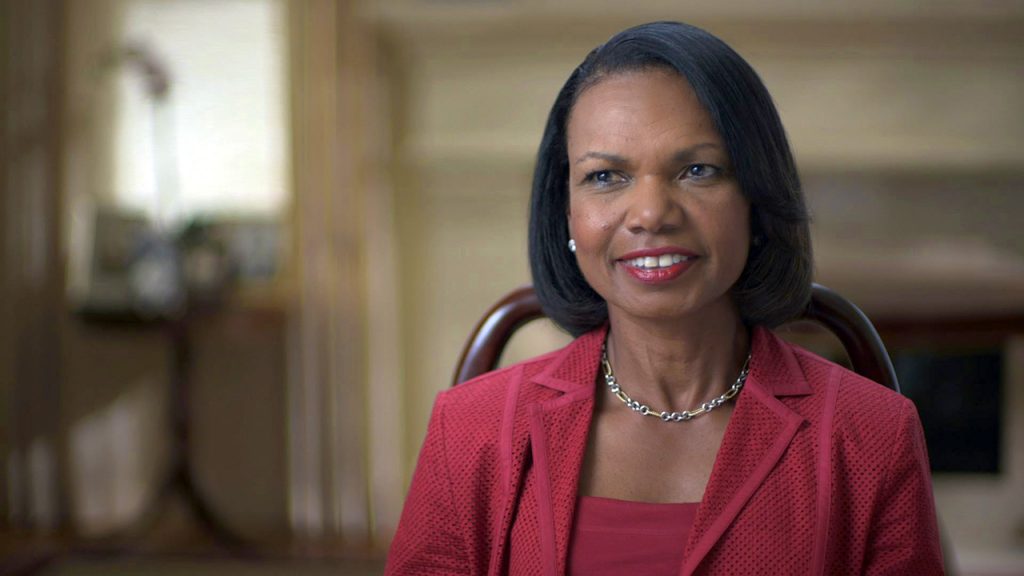
Condoleezza Rice is a professor of political science and global economy at Stanford University. She was the second woman and first African American woman to serve as Secretary of State, and the first woman to serve as Assistant to the President for National Security Affairs at the White House. Rice also served as Stanford’s Provost from 1993-1999. In 1997, Rice was named to the Federal Advisory Committee on Gender-Integrated Training in the Military. In 1991, Rice co-founded the Center for a New Generation, an innovative, after-school academic enrichment program affiliated with the Boys and Girls Clubs of America. She remains an active proponent of extended learning through after-school programs and teaching the arts in schools. Rice believes that “when you are a country that is based on the aspirational notion, ‘It doesn’t matter where you came from; it matters where you’re going,’ it had better be true—because it’s the only thing that’s holding you together.”
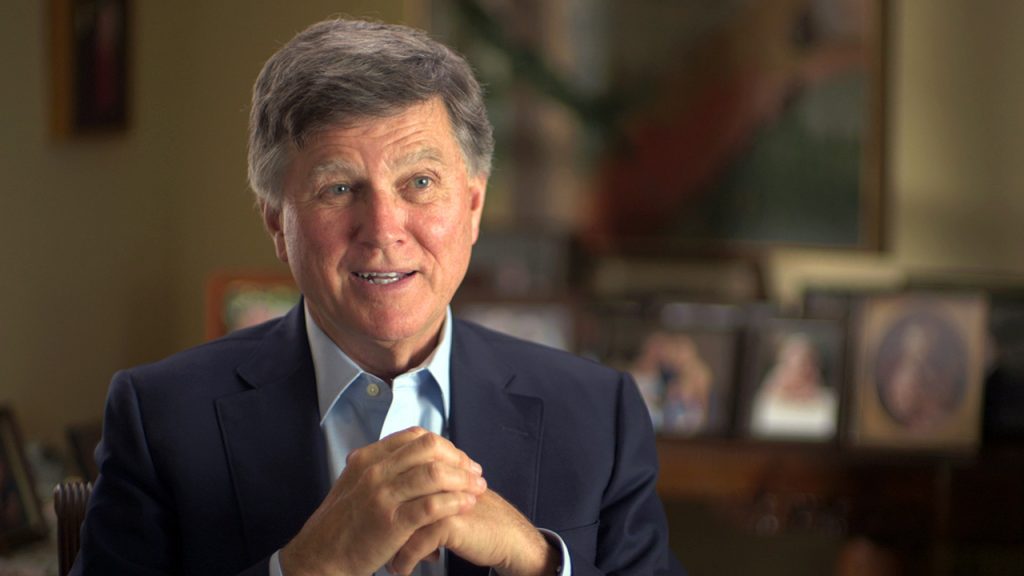
David M. Kennedy is a professor emeritus of history at Stanford University. He’s the son of a copper mineworker from Washington State. The first in his family to go to college, Kennedy won the Pulitzer Prize for History for Freedom from Fear: The American People in Depression and War, his critically acclaimed account of the presidency of Franklin D. Roosevelt and his times. Kennedy’s take on the American national myth is “that this is the land of absolutely unlimited opportunity and that we are all the captains of our own fate,” and says it “has been hugely energizing for our society over many, many generations.” But, he warns, the promise of America is fragile, a particularly personal awareness formed by his family’s financial struggles when he was growing up in the Pacific Northwest.
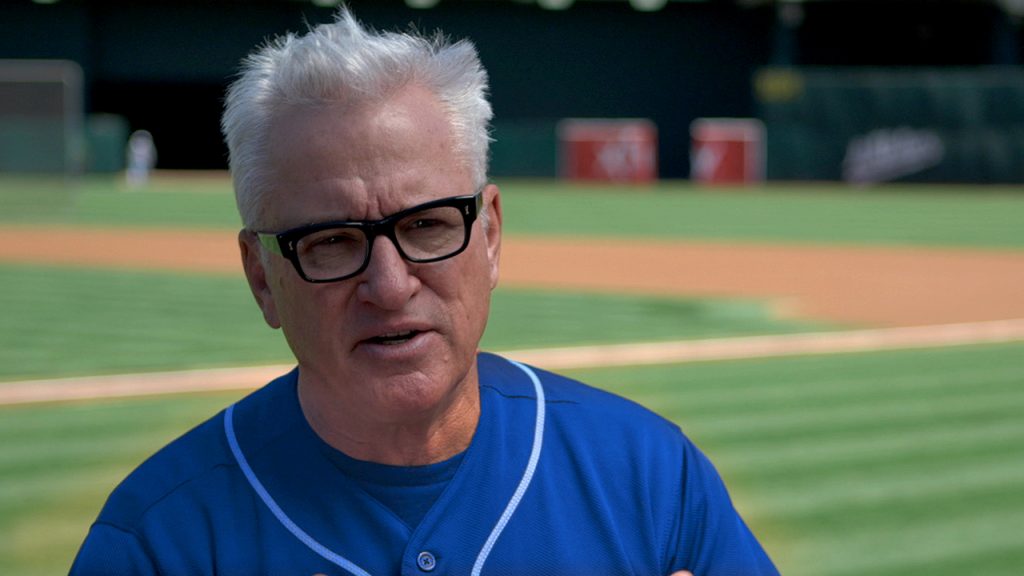
Joe Maddon, manager of Major League Baseball’s 2016 World Series-winning Chicago Cubs, returned one year to his hometown of Hazleton, Pennsylvania, as he does every off-season, and “didn’t recognize the place.” Passage of a controversial immigration ordinance sparked rancorous demonstrations, dividing the local cultures and pitting whites vs. Hispanics. Maddon brought parents and kids together to integrate Hazleton’s Little League, turning the town into a baseball powerhouse. He and other community leaders founded the Hazleton Integration Project (HIP), where hundreds of kids are enrolled in activities from after-school study groups to basketball teams, martial arts instruction, and debate clubs. His experience as the grandchild of Italian immigrants, the child of a hardworking coal-miner, and his intuitive understanding of how sports teach people to work together across multiple divides, motivated him to give back to the hometown he loves.
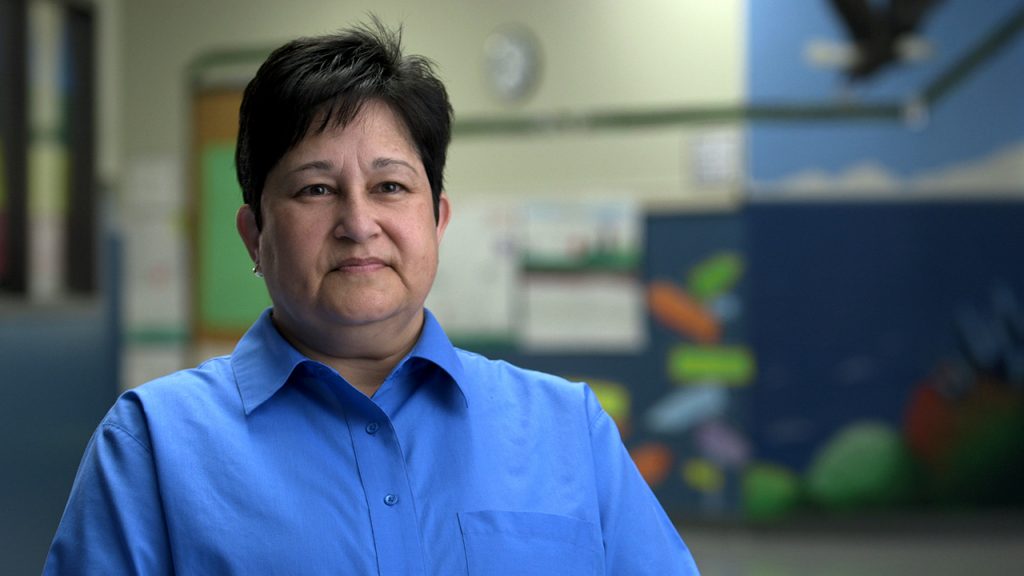
Deidre Prevett, a spirited elementary school principal, stands outside and greets each child every morning upon arrival at Lind
bergh Elementary School in Tulsa, Oklahoma. A Muscogee (Creek Indian) Native American from Tiger Flats, Oklahoma, Prevett is living her American dream as an educator. She passes along the message from her grandmother: education is the key to overcoming the many obstacles that confront Native Americans, as well as the transient, low-income, multi-ethnic populations Prevett’s school serves. Many of her pupils are economic migrants whose parents move frequently in search of better-paying jobs and affordable housing. While she may see a student for only two or three months before the family moves on, Prevett will never give up on that student’s ability to realize his or her individual potential.
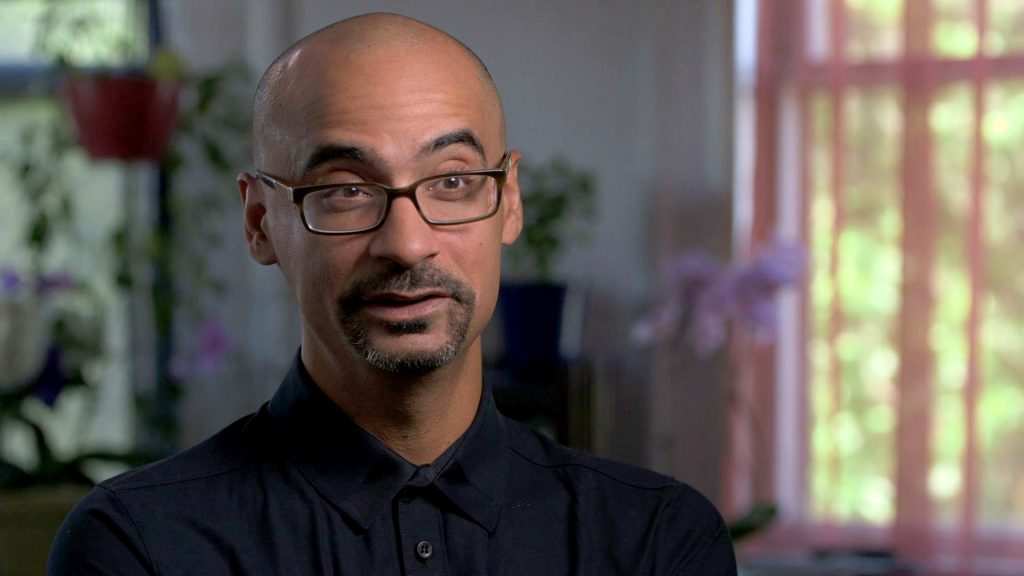
Junot Díaz is an acclaimed novelist, winner of the MacArthur “Genius Grant” and Pulitzer Prize recipient for The Brief Wondrous Life of Oscar Wao. Díaz has never forgotten his school librarian Mrs. Crowell, who believed that one of her Spanish-speaking immigrant pupils would one day write great American novels for a new generation. Díaz emigrated from the Dominican Republic in 1974 and grew up in a low-income, multi-ethnic melting pot in New Jersey, across the river from Manhattan. Díaz sees America “at its margins.” Only by looking “at this country’s farthest edges — the places where we rarely turn our eye — can we get a better sense of what our real values are and what they need to be.”
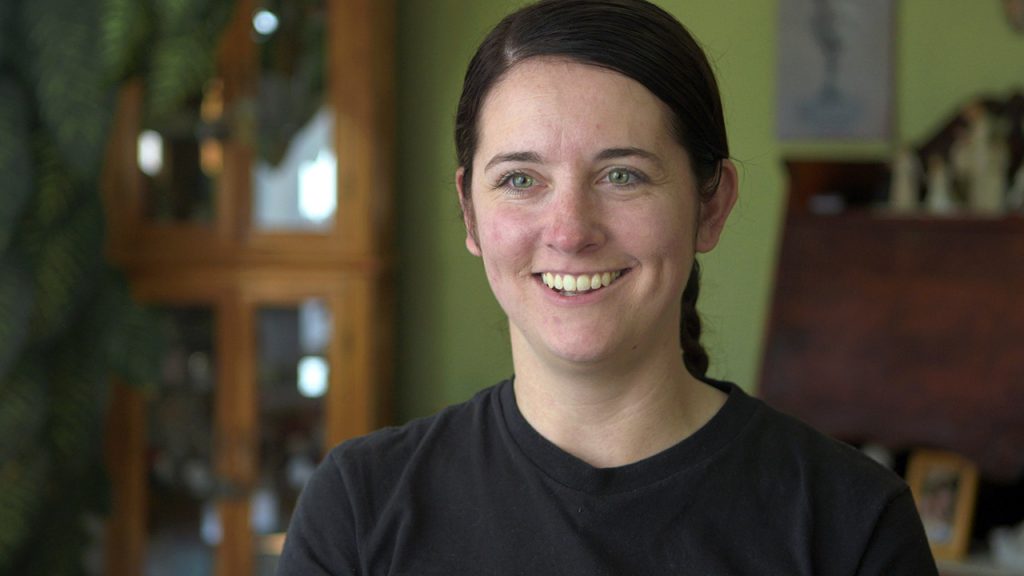
Sergeant Tegan Griffith, from the rural town of Wittenberg, Wisconsin, joined the Marine Corps at 21 in search of economic and educational opportunity, and a meaningful, patriotic life. Her service offered Sgt. Griffith a valuable new perspective on what values are worth defending – those embedded in her vision of the American creed. After serving in Iraq, she returned to Wisconsin where she works tirelessly to help fellow vets build a support network to advocate for themselves and others. At Wisconsin’s state capitol in Madison, she encounters loud and passionate protesters, and decides that defending their right to free speech is “part of the fabric of my uniform.” As a leader of Iraq and Afghanistan Veterans of America, Griffith continues to fight for freedom and community.
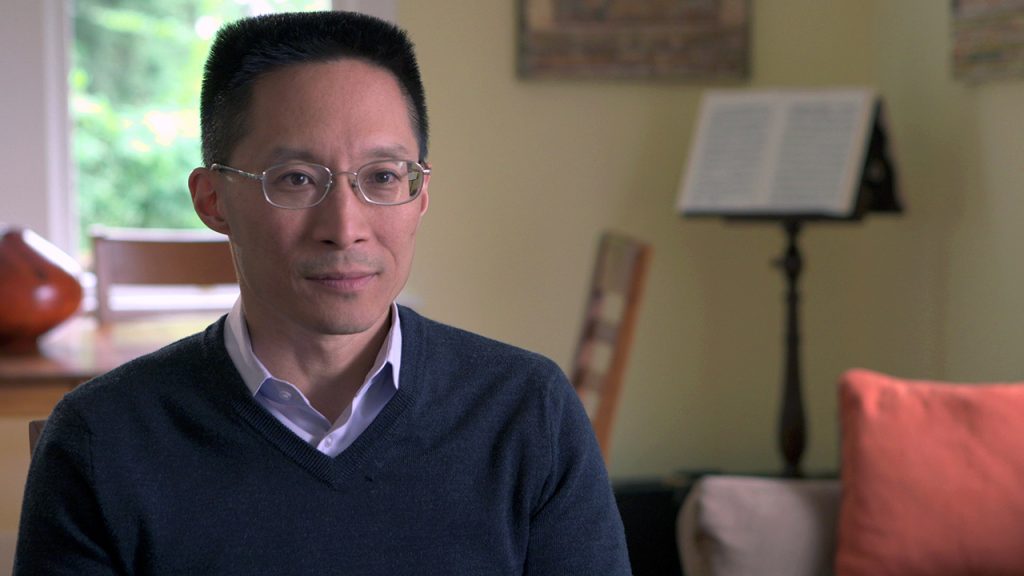
Eric Liu of Seattle served as a speechwriter for President Clinton, and is the founder of Citizen University, a non-profit organization working to foster a strong and vibrant culture of civic engagement. His parents emigrated to the U.S. from China and worked multiple jobs while pursuing their education. Liu’s mother worked for baseball great Jackie Robinson, and his father landed a job at IBM. Liu is part of “the tradition of students from poor or immigrant backgrounds who don’t quite fit in but wind up finding their own way.” After a trip to China, where he witnessed firsthand the political repression of dissidents, Liu made the decision to devote himself to fighting civic apathy at home. He believes that when you stop participating in politics, “you cede the field to the few who would like to command the field…and don’t have your interests in mind.”
